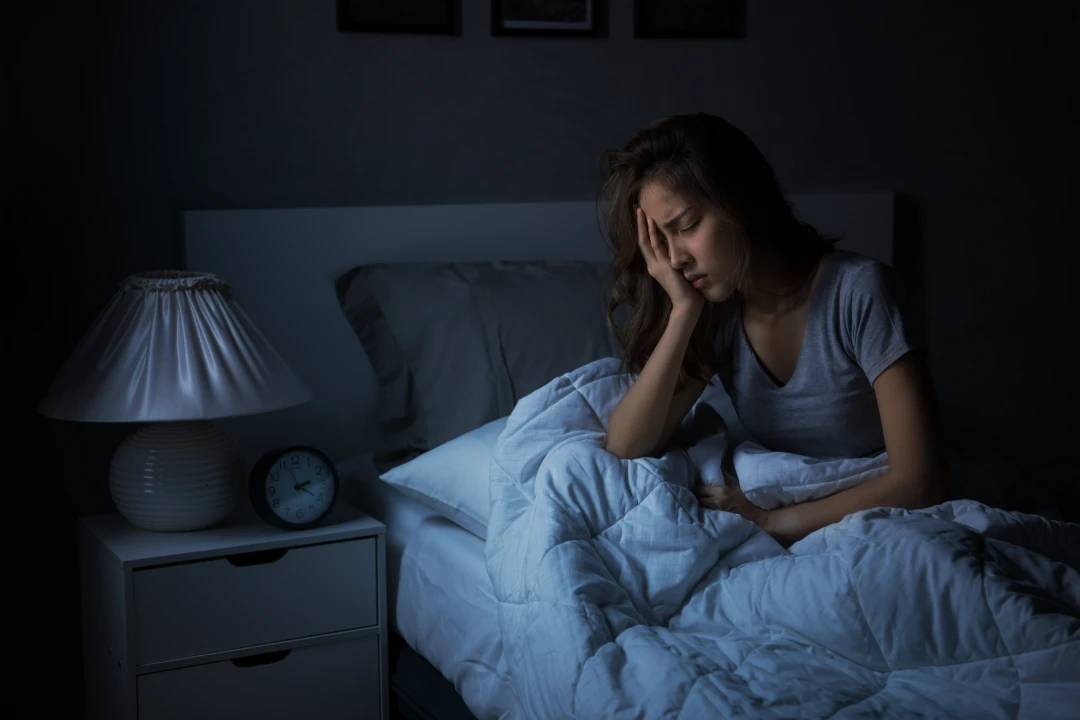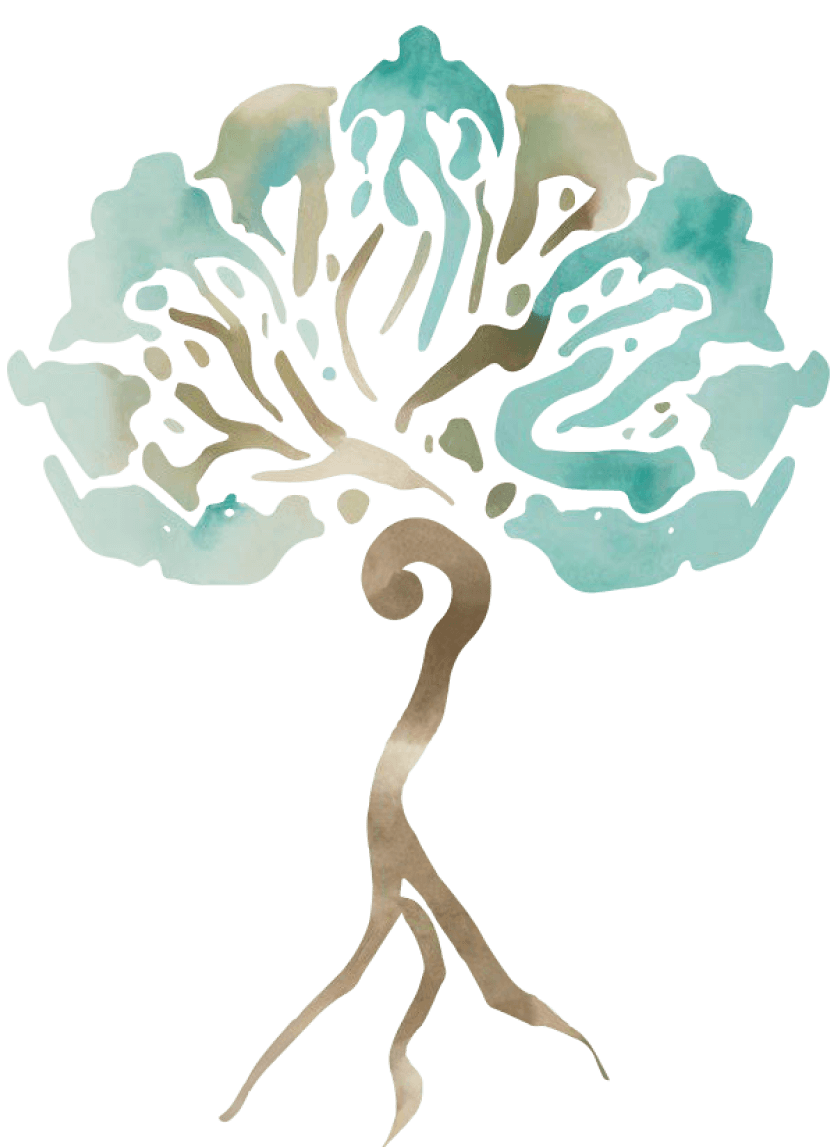Insomnia
Insomnia is a sleep disorder characterised by unrelenting difficulty falling asleep, remaining asleep, or lack of restorative sleep despite having adequate opportunities for rest.
What is insomnia?
Insomnia is a sleep disorder characterised by unrelenting difficulty falling asleep, remaining asleep, or lack of restorative sleep despite having adequate opportunities for rest. Individuals with insomnia tend to experience fatigue, irritability, and difficulty concentrating during waking hours.

This condition can be acute, lasting for a short period, or chronic, persisting for an extended duration. Insomnia is prevalent in Singapore as a widespread sleep disorder, with a documented local occurrence rate of 15.3%. Furthermore, research suggests that in Singapore, 13.7% of individuals aged 60 and above, classified as older adults, experience symptoms of insomnia.
Insomnia can significantly impact an individual’s overall well-being and daily functioning, which is why it is crucial to identify its causes and implement effective management strategies.
What causes insomnia?
Insomnia can be triggered by a variety of factors, both psychological and physical. Stress and anxiety are common contributors, as heightened mental activity can make it challenging to relax and fall asleep. Other psychological factors, such as depression, trauma, or significant life events that disrupt regular sleep patterns, may also be the primary cause of insomnia among most individuals.


What are the symptoms of insomnia?
Insomnia symptoms include difficulty falling asleep despite feeling tired, frequent awakenings during the night with challenges returning to sleep, and waking up earlier than desired.

People with insomnia often report poor sleep quality, which results in daytime fatigue and decreased energy and concentration levels. Moreover, persistent worries about sleep and its impact on daily functioning can further exacerbate the problem.
These symptoms may persist for a short period, also known as acute insomnia or become chronic, lasting for an extended duration. It’s important to note that the severity of symptoms can vary, and a proper evaluation by a healthcare professional is crucial for accurate diagnosis and effective management.
Do I have insomnia or am I just overtired?
For most people, it can be challenging to determine whether they have insomnia or are simply overtired, as both conditions have overlapping symptoms. If you experience difficulty falling asleep, staying asleep, or experiencing non-restorative sleep for a prolonged period, you may have insomnia, and it is better to get yourself evaluated.


On the other hand, being overtired generally results from prolonged wakefulness or insufficient sleep, which can cause fatigue and irritability, but it may not last as long as insomnia. Unlike overtiredness, insomnia is a more chronic issue and may require specific interventions such as cognitive-behavioural therapy for insomnia (CBT-I) or medical treatment.
Who is at risk of insomnia in Singapore?
Insomnia can affect individuals of all ages and backgrounds, but certain factors may increase the risk of developing this sleep disorder in Singapore. Common risk factors include:
Age
The older population of Singapore, particularly those aged 60 and above, may be at an increased risk of insomnia. Changes in sleep patterns and increased prevalence of medical conditions can contribute to sleep disturbances in this demographic.
Gender
Research indicates that women are reported to have a higher prevalence of insomnia compared to men, possibly due to hormonal fluctuations, pregnancy-related sleep issues, and other factors.
Mental health conditions
Research has found that individuals with pre-existing mental health conditions, such as anxiety, depression, or chronic stress, are more susceptible to insomnia.
Chronic medical conditions
People with chronic health issues, such as pain conditions, respiratory disorders, or other medical problems, may experience sleep disruptions, which may contribute to or worsen their insomnia.
Lifestyle factors
Individuals following unhealthy lifestyles, such as irregular sleep schedules, consuming caffeine or alcohol excessively, lacking physical activity, and following poor sleep hygiene practices, can be more susceptible to insomnia.
Occupational stress
Individuals with demanding or high-stress jobs may be more prone to insomnia due to increased levels of stress and pressure.
Shift work
Individuals engaged in shift work or irregular work hours may experience disruptions to their circadian rhythm, making it challenging to establish a regular sleep pattern.
Genetics
A family history of insomnia or sleep disorders may also contribute to an individual’s susceptibility.
However, these factors can interact and vary from person to person. Addressing and managing these risk factors and adopting healthy sleep habits can help reduce the likelihood of developing insomnia.

How is insomnia diagnosed?
In Singapore, diagnosing insomnia requires thoroughly assessing the individual’s sleep patterns, daily routines, and overall health. Healthcare professionals, often primary care physicians or sleep specialists, employ a combination of clinical evaluation and, in some cases, sleep studies. The diagnosis process may include:
- Medical history: a detailed discussion about sleep patterns, daily routines, lifestyle factors, and any medical conditions or medications contributing to sleep disturbances can help diagnose insomnia.
- Sleep diary: a sleep diary where individuals record their sleep patterns, bedtime routines, and daytime activities can provide insights into sleep patterns and behaviours.
- Physical examination: a general physical exam may be conducted to identify any health issues or conditions contributing to insomnia.
- Lab tests: in some cases, blood tests or other diagnostic tests may be performed to rule out medical conditions such as thyroid disorders or other health issues affecting sleep.
- Polysomnography (sleep study): in more complicated cases, a sleep study, also known as polysomnography, may be recommended. This involves spending a night at a sleep centre where various physiological parameters, such as brain activity, eye movement, heart rate, and muscle activity, are monitored to assess sleep patterns and identify potential sleep disorders.
- Psychological evaluation: a psychological assessment by a mental health professional may be conducted to explore any emotional or mental health factors contributing to insomnia, such as stress, anxiety, or depression.
The detailed evaluation helps determine the nature and causes of insomnia, resulting in an appropriate and individualised treatment plan.
What are the treatment options for insomnia in Singapore?
The treatment of insomnia involves a combination of lifestyle changes, behavioural interventions, and, in some cases, medications. The specific approach depends on the severity and causes of insomnia. Here are some common treatment options:


- Cognitive-Behavioural Therapy for Insomnia (CBT-I): a mental health professional, such as a psychiatrist, may recommend CBT, which is a structured programme addressing the thoughts, behaviours, and habits contributing to insomnia. It focuses on improving sleep hygiene, modifying negative thought patterns about sleep, and establishing a consistent sleep routine.
- Sleep hygiene practices: adopting sleep hygiene practices may be recommended to overcome insomnia. This may include maintaining a regular sleep schedule, creating a comfortable sleep environment, limiting stimulants (caffeine, nicotine) close to bedtime, and avoiding excessive screen time before sleep.
- Stimulus control: a mental health professional, such as a psychiatrist, may employ a behavioural technique that involves associating the bedroom with sleep and intimacy only and suggest eliminating activities like watching TV or working in bed to strengthen the connection between the bedroom and sleep.
- Relaxation techniques: progressive muscle relaxation, deep breathing exercises, or meditation can help calm the mind and body, making it easier to fall asleep.
- Prescription medications: in some cases, medications, such as benzodiazepines or non-benzodiazepine hypnotics, may be prescribed for short-term relief of insomnia. These medications should be used under close supervision due to their side effects and the risk of dependency.
- Over-the-counter (OTC) sleep aids: some individuals may use OTC sleep aids, but these should be used cautiously, as they may have side effects and interact with other medications.
- Treating other health conditions: mental or physical conditions may need to be treated first before insomnia can be addressed.
- Lifestyle changes: adopting a healthy lifestyle, including regular exercise, a balanced diet, and stress management, can positively impact sleep quality.
It’s important for individuals experiencing persistent insomnia to consult a mental health professional for a thorough evaluation and to determine the most appropriate treatment plan according to their specific needs and circumstances.
If you have chronic insomnia, schedule an appointment with Connections MindHealth (CMH), as we provide thorough diagnosis and personalised intervention programmes to help you improve your sleep quality and overall well-being.
Frequently asked questions
Is insomnia a symptom of a medical condition?
Yes, insomnia can be a symptom of various medical conditions, including pain disorders, respiratory issues, and hormonal imbalances.
How long does acute insomnia typically last, and when should I seek help?
Acute insomnia may last for a short period, but if sleep difficulties persist for more than a few weeks, it’s advisable to seek medical attention. Chronic insomnia may require a comprehensive evaluation and proper treatment.
Is it common for insomnia to recur after successful treatment?
Insomnia recurrence is possible, especially during times of stress or life changes. Implementing and maintaining healthy sleep habits, along with ongoing monitoring, can help prevent or manage potential recurrences.

Reach out towards recovery
Readily available help
There are numerous resources catered specifically for young adults, including counselling services at colleges and universities, and employee assistance programs (EAP) at many workplaces.
Confidentiality
We respect your privacy—any discussions you have with us are kept strictly confidential.
Holistic wellbeing
Your mental health matters just as much as your physical health. Taking care of your mind is a crucial part of your overall wellbeing.

